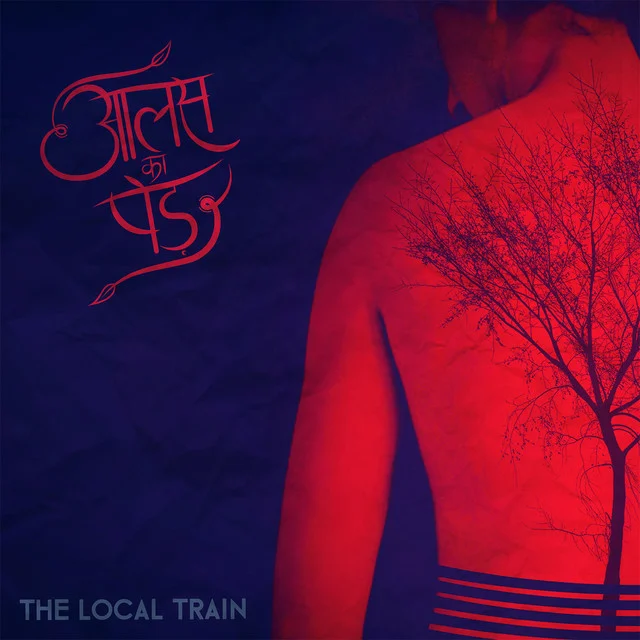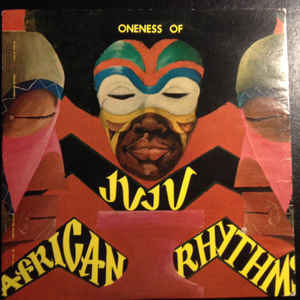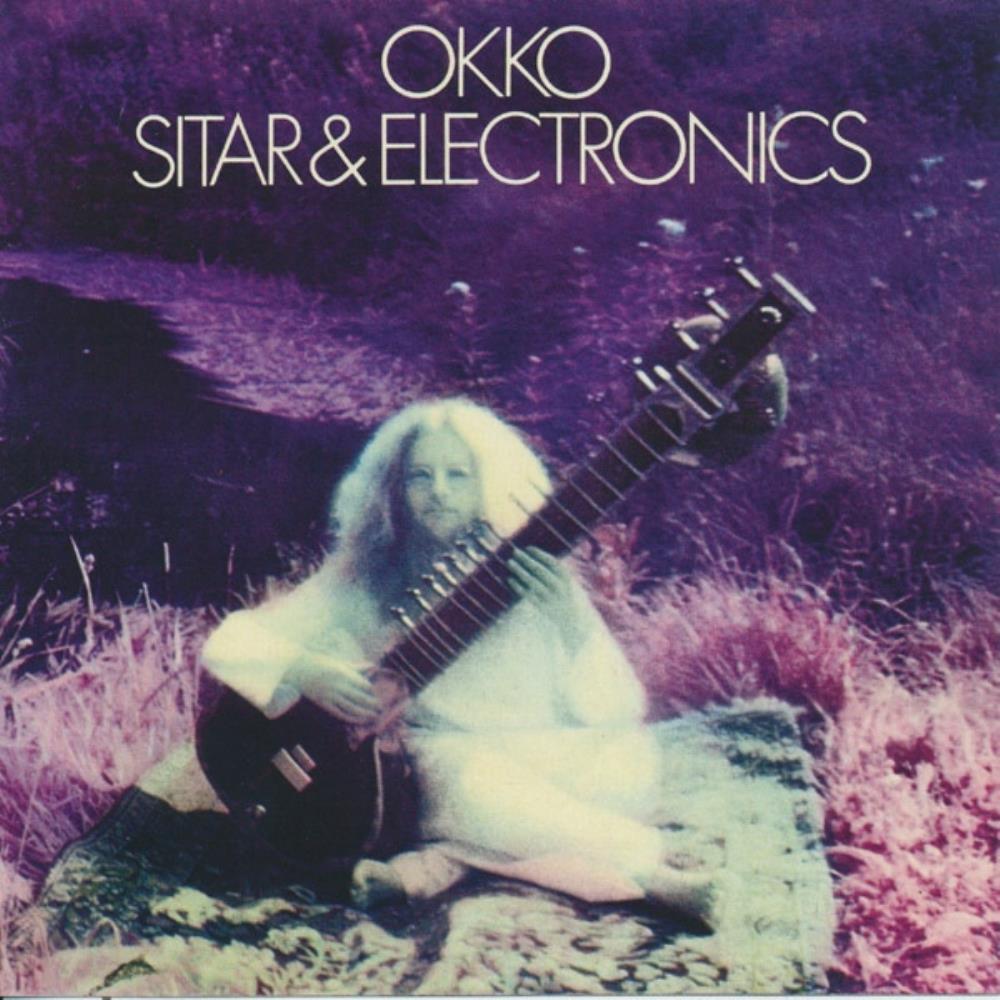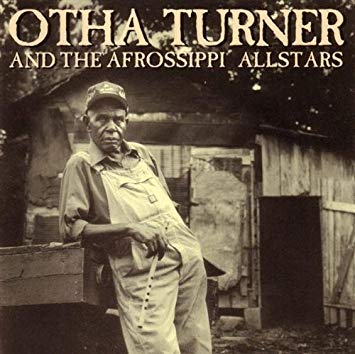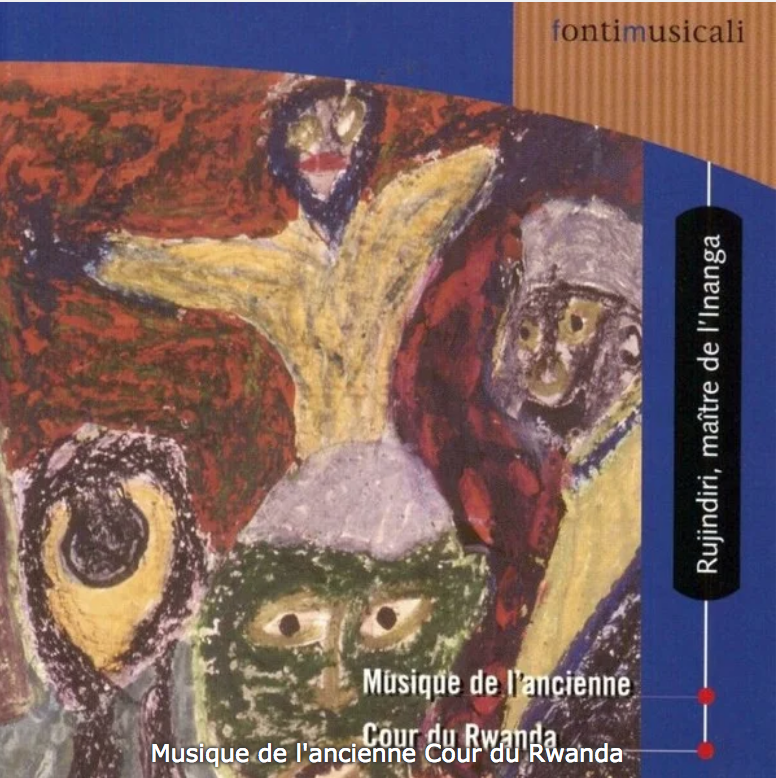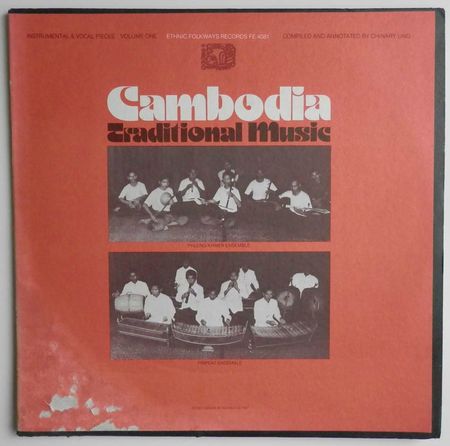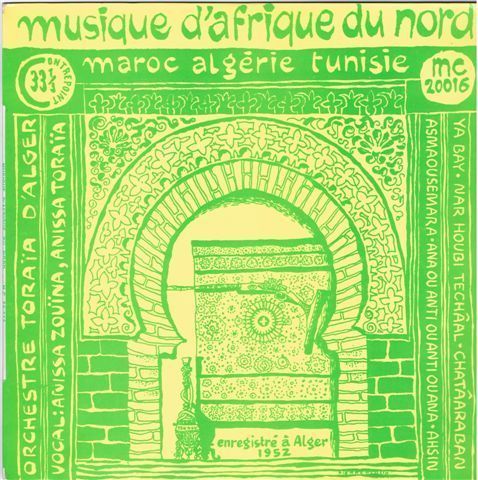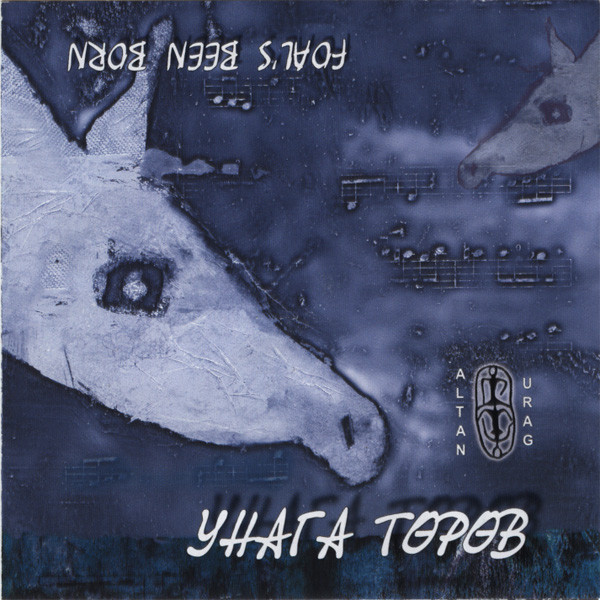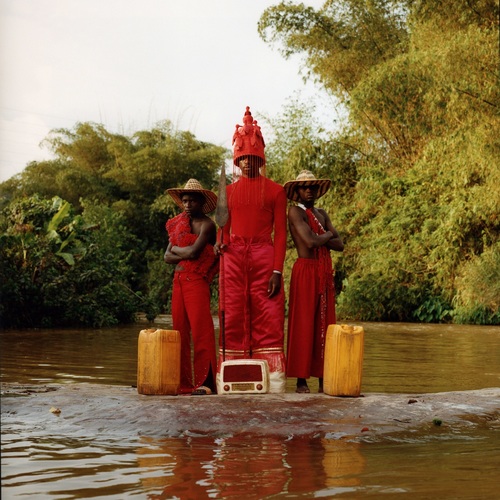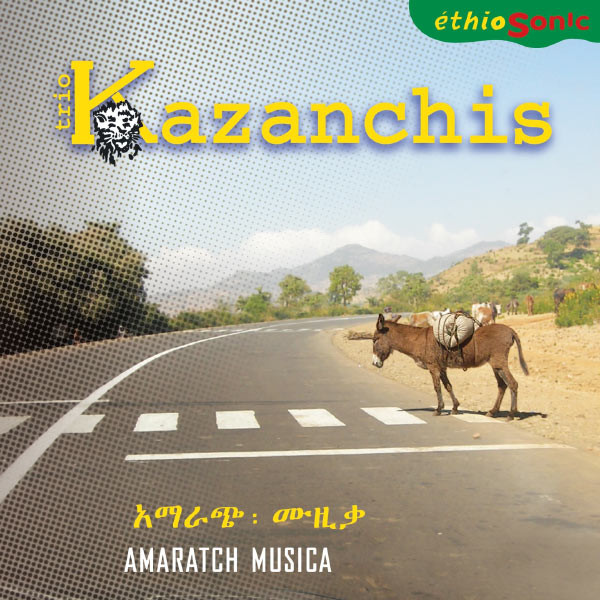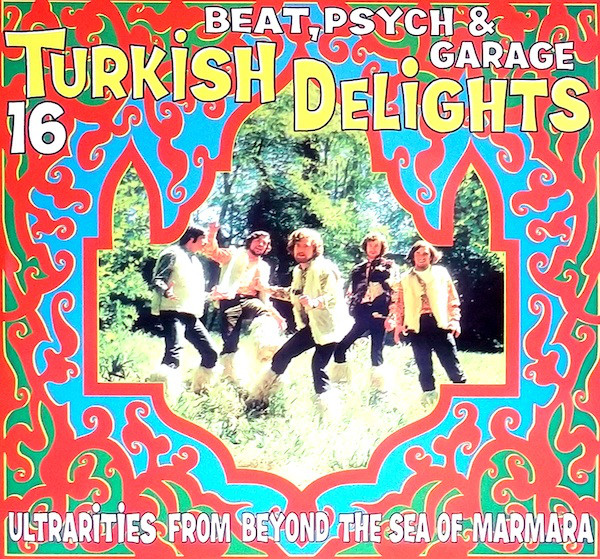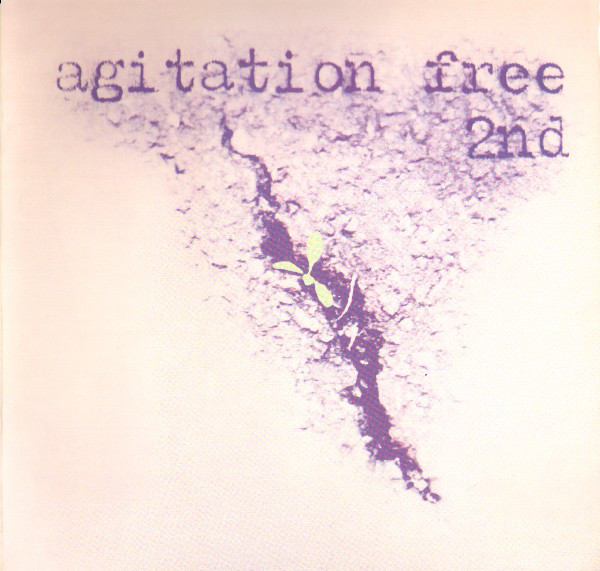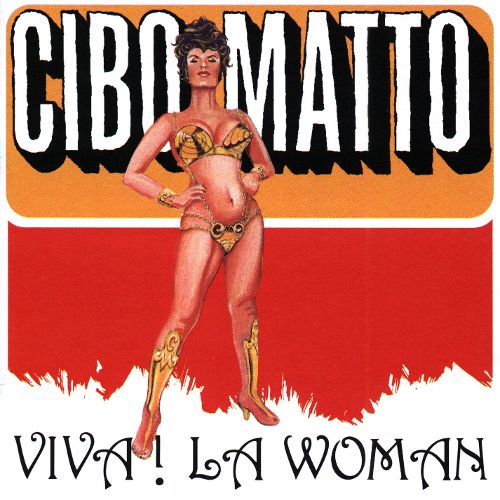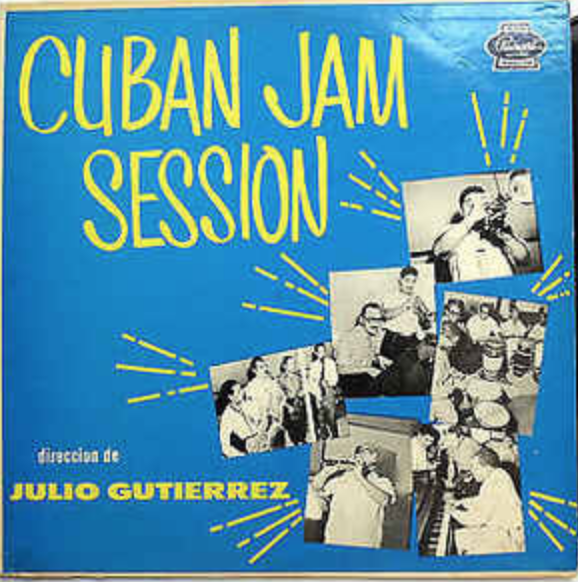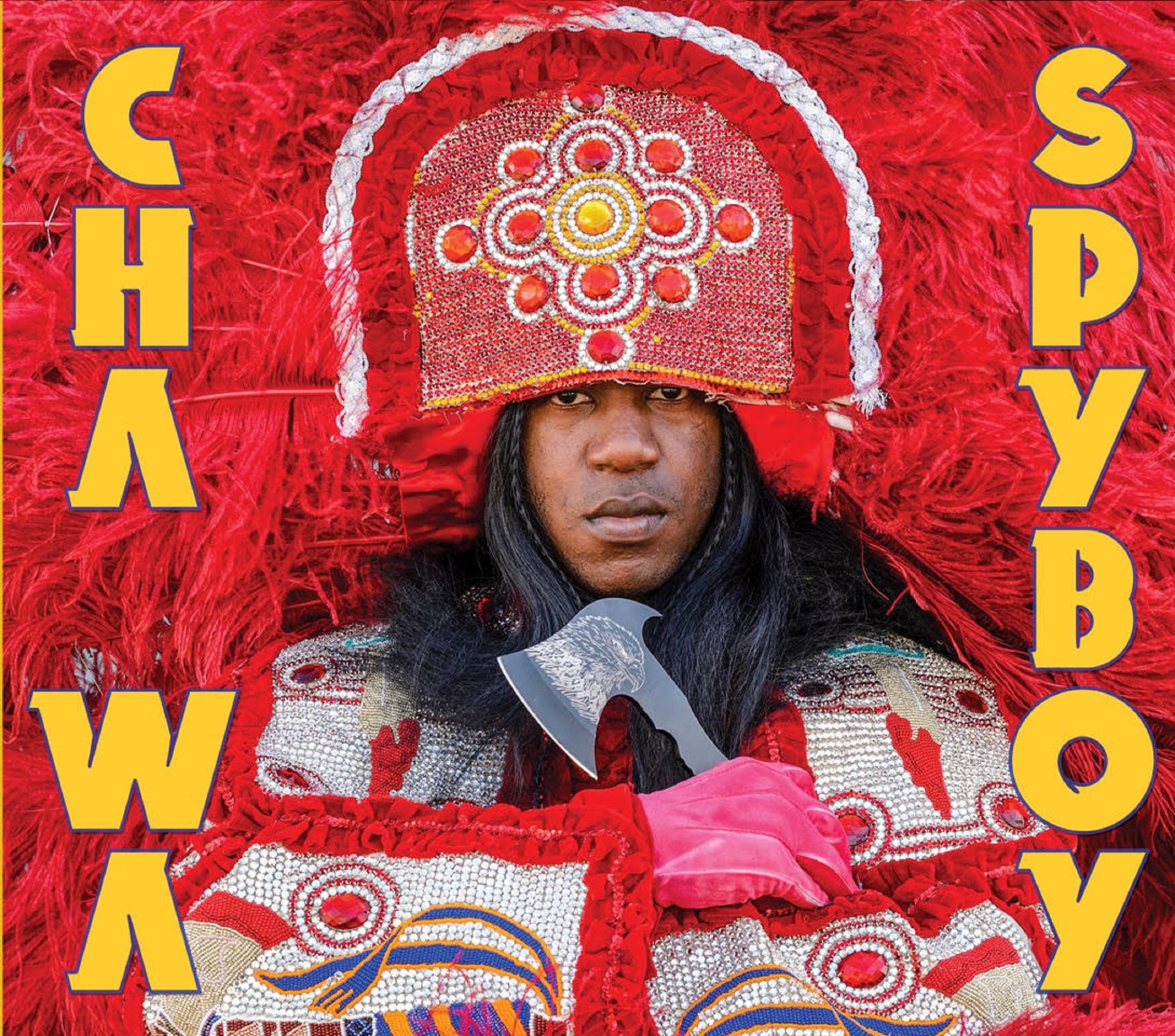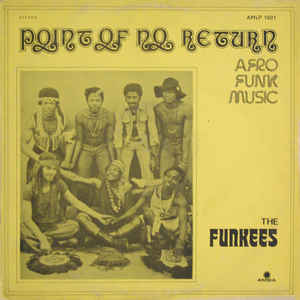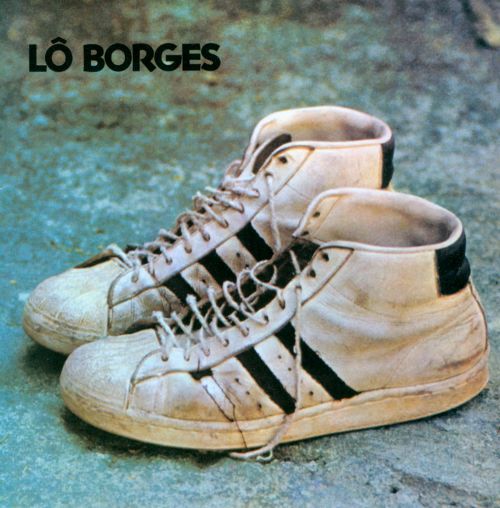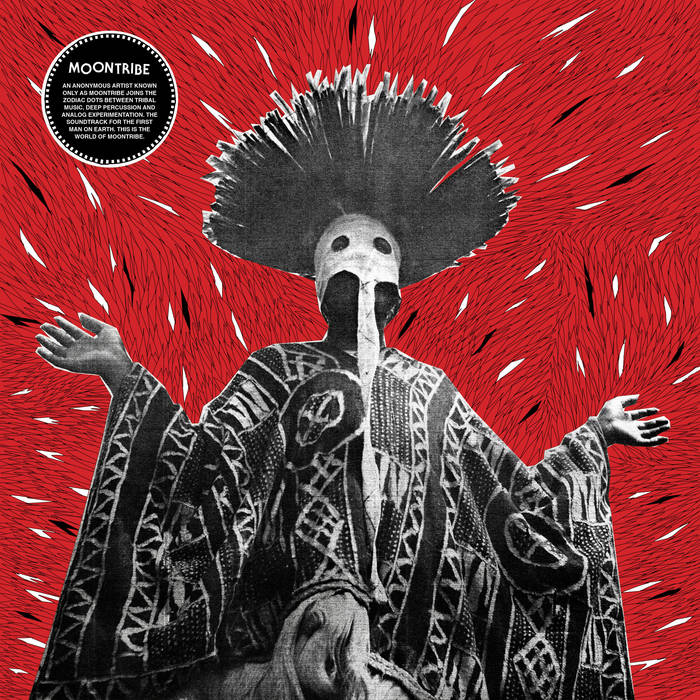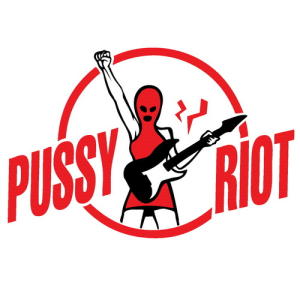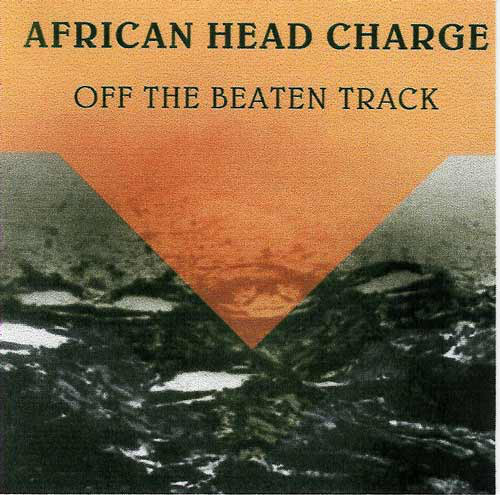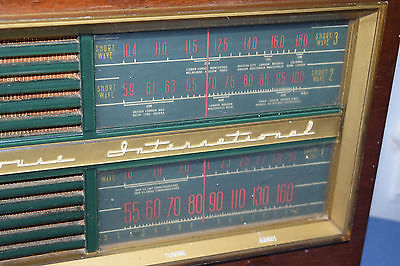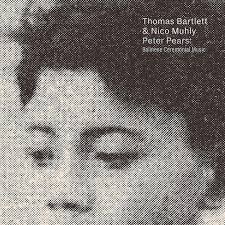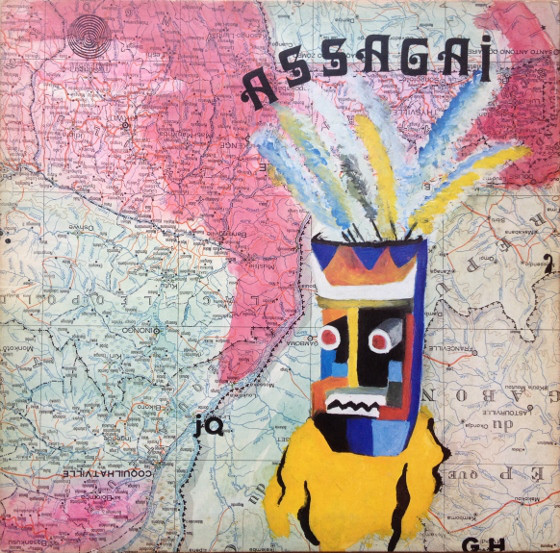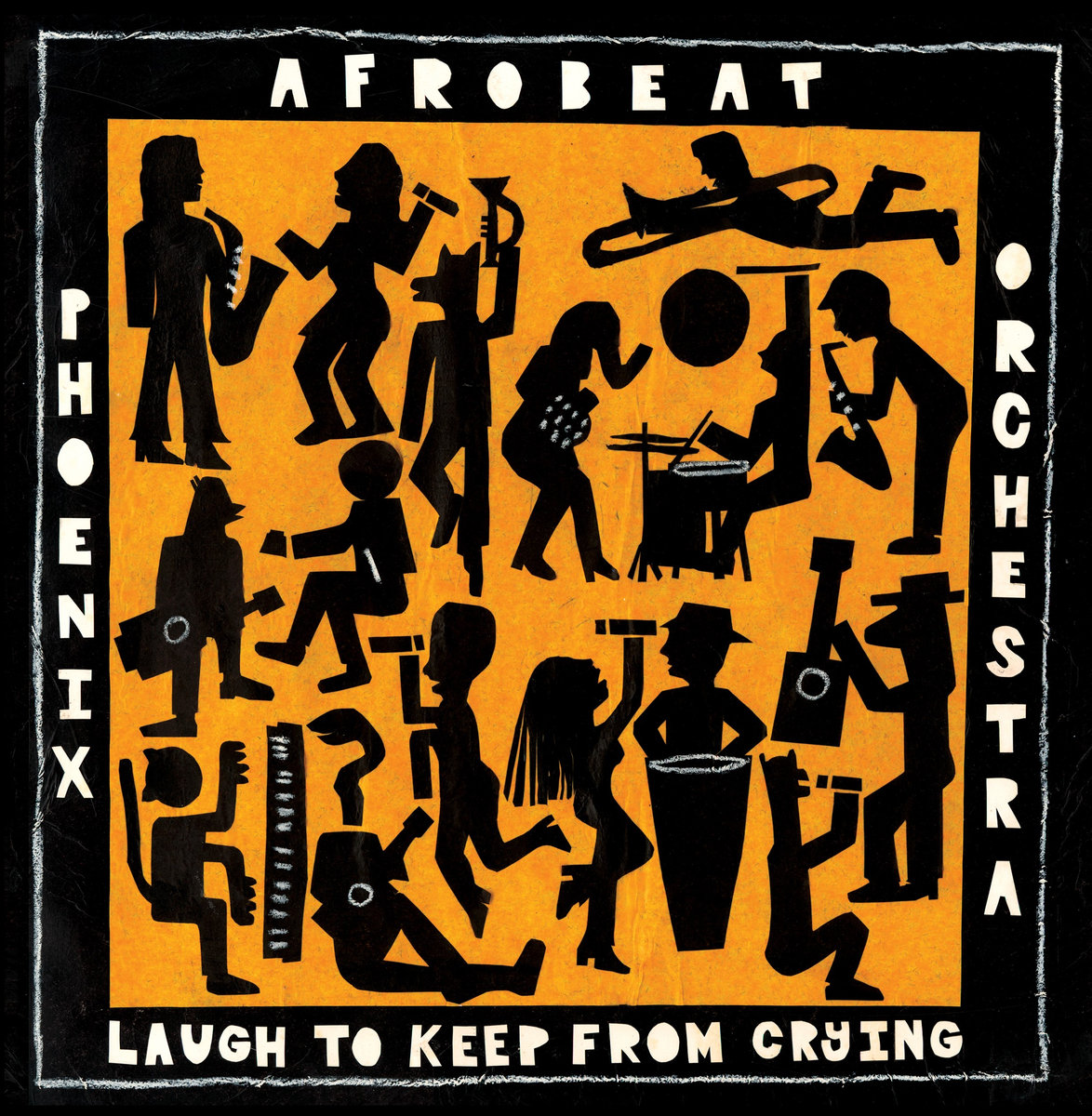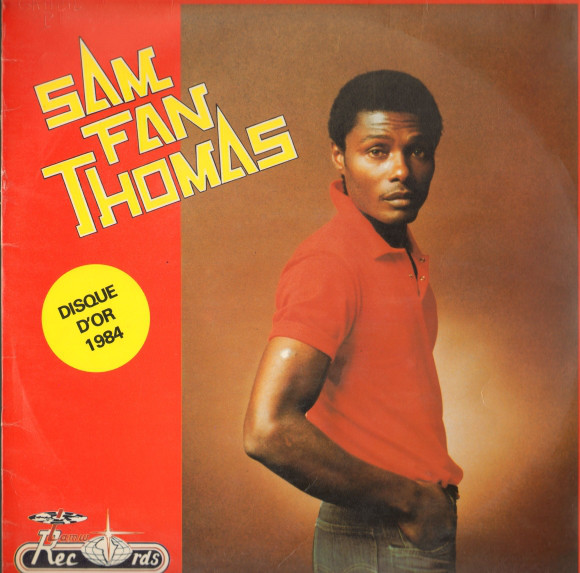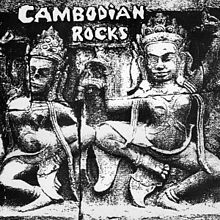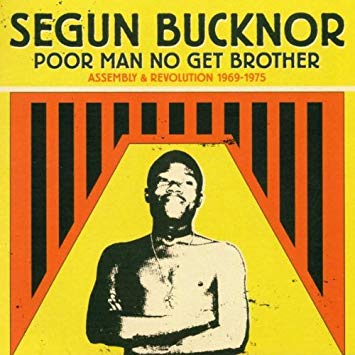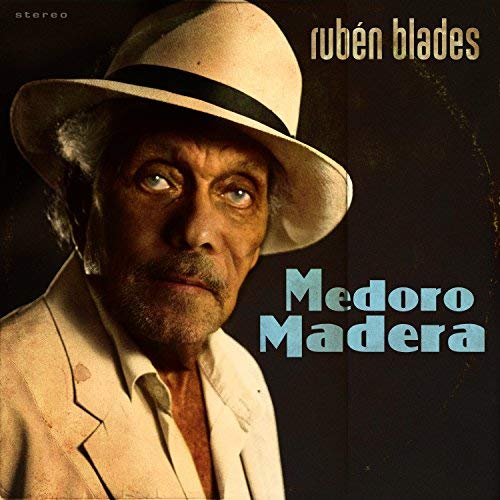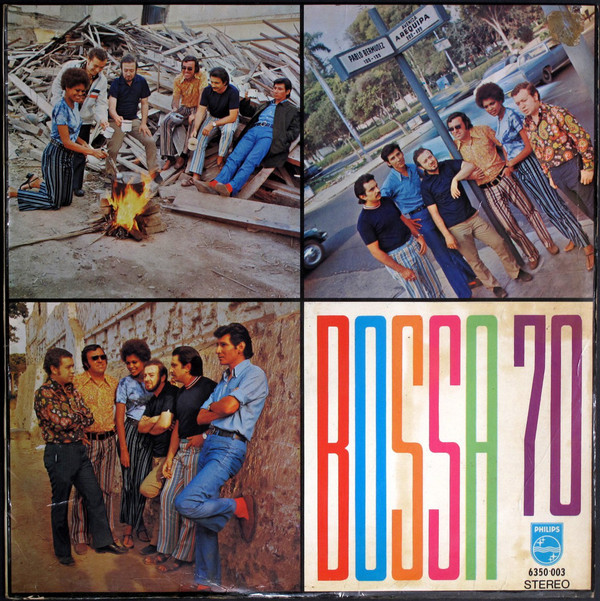Episode 24
Episode 24 was originally posted on November 19, 2018.
Tracklisting:
01) “Rabam Pramong” by Songkhla College of Dramatic Arts.
From the cassette Ram Manora (Banleng Dontri Phuen Mueang Tai, Vol. 1).
Songkhla, Thailand.
From the wonderful Monrakplengthai blog:
“this week, some brilliant southern folk sounds from songkhla! the musicians of the songkhla college of dramatic arts (which seems now to be defunct.. does anyone know the story?) bring us music from the dramatic dance genre of manora (or nora for short), performances of the jataka tales of manohara. the centrepiece of these acts is the elaborately costumed and often remarkably flexible dancers playing the role of kinnari (half-bird/half-human mythological creatures) [see j-card above]. the instrumental accompaniment is provided by thap (paired drums) plus one deeper drum, pi nai (oboe), nong (paired gongs), and assorted clappers, finger-cymbals, etc. occasionally joined by a vocalist. enjoy!”
Download the cassette.
02) “Secret Heart” by Anoushka Shankar.
From the 2016 album Land Of Gold.
London, UK.
Anoushka Shankar (Bengali : অনুষ্কা শঙ্কর) is a British Indian sitar player, singer, song-writer, and composer. She is the daughter of Ravi Shankar and the half-sister of Norah Jones.
03) “Ire” by Adekunle Gold.
From the 2018 album About 30
Lagos State, Nigeria.
Adekunle Gold, is a Nigerian highlife singer, songwriter and graphic designer, who describes his music as "urban highlife".
04) “Nothing That Lives Has .... Such Eyes” by UFO Över Lappland.
From the 2016 album UFO Över Lappland.
Stockholm, Sweden.
The band’s Bandcamp page says: “Plasmatic space waves peak tubes push bellbottoms and hardcore tudes to raise freak flags for the estranged teens of callous peoples. credits,” while their Facebook page describes them as: “space/rock/punk/freak/whatever collective/band.”
05) “Camelo” by Bixiga 70.
From the 2018 album Quebra Cabeça.
São Paulo, Brazil.
The Wikipedias tell us: “Bixiga 70 is a Brazilian band that mixes elements of African , Afrobeat , Brazilian, Latin and jazz music . Formed in 2010, the name Bixiga 70 is linked to the address of Studio Traquitana , where the band was born, located at number 70 Treze de Maio Street, in the neighborhood of Bixiga , in São Paulo.”
As always, in the spirit of Interactivity, we offer you the visual map of where each artist we play is from. To switch between seasons, use the little window/toggle thing in the upper-left corner. To see all the seasons’ maps, click here. This week’s artists are represented by the grey/gray map points. Enjoy.














